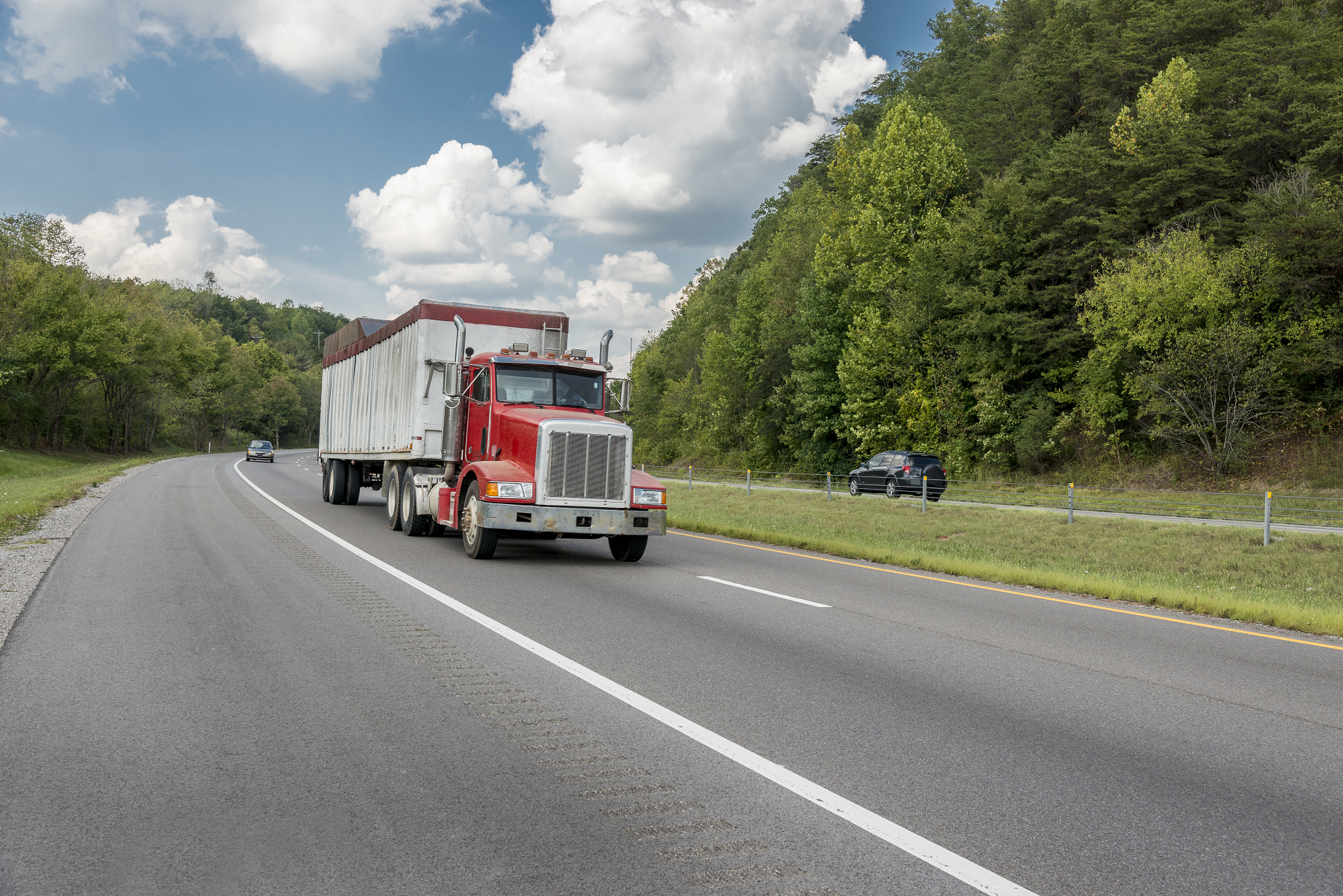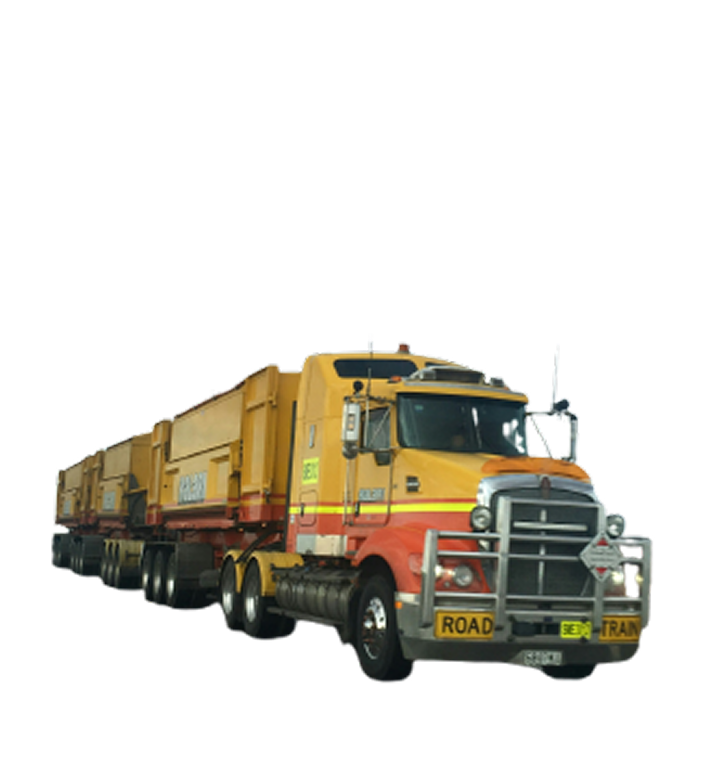
Trucking insurance is a specialized type of commercial insurance designed to protect businesses that use trucks for transportation, freight delivery, and other commercial activities. This insurance is essential for owner-operators, motor carriers, and trucking companies of all sizes, providing coverage for vehicles, cargo, drivers, and third-party liabilities.
Trucking insurance is a bundle of insurance policies tailored to cover the unique risks associated with trucking operations. These policies protect against financial losses due to accidents, damage to vehicles and cargo, injuries to drivers or third parties, and other liabilities. Given the significant risks involved in the trucking industry, such as road accidents, cargo theft, and equipment breakdowns, having adequate trucking insurance is crucial.
Types of Trucking Insurance
1. Primary Liability Insurance:
- Required by law for all commercial trucking operations, primary liability insurance covers bodily injury and property damage that the truck driver may cause to others in an accident.
- Provides coverage for legal fees, medical expenses, and damages up to the policy limits.
- This is mandatory to meet federal and state regulations for commercial trucks operating on public roads.
2. Physical Damage Coverage:
- Covers damage to the insured truck and trailer resulting from collisions, theft, vandalism, fire, hail, or other covered perils.
- Typically consists of two parts: 1. Collision Coverage: Pays for repairs or replacement if the truck is damaged in an accident, regardless of fault. 2. Comprehensive Coverage: Covers non-collision-related damages, such as theft, vandalism, natural disasters, or animal strikes.
3. Motor Truck Cargo Insurance:
- Protects the cargo being transported against loss or damage due to accidents, theft, fire, or other covered perils.
- Provides coverage for specific types of cargo, with exclusions for certain items (e.g., live animals, hazardous materials) unless specifically endorsed.
- Essential for carriers responsible for transporting goods to protect against potential financial losses.
4. Non-Trucking Liability Insurance (Bobtail Insurance):
- Provides liability coverage when the truck is being operated for non-business purposes (e.g., when the truck is not hauling a load or is off-duty).
- Covers accidents that occur while driving the truck without a trailer or when not under dispatch, ensuring continuous protection for the driver and vehicle.
5. Trailer Interchange Insurance:
- Covers physical damage to trailers being hauled under a trailer interchange agreement.
- Provides protection for truckers who lease or borrow trailers from other carriers, covering repair or replacement costs if the trailer is damaged due to accidents, theft, fire, or other covered events.
6. Uninsured/Underinsured Motorist Coverage (UM/UIM):
- Provides coverage if the truck driver is involved in an accident with another driver who either has no insurance or insufficient coverage to pay for the damages.
- Covers medical expenses, lost wages, and other damages resulting from the accident.
7. Medical Payments Coverage (MedPay):
- Covers medical expenses for the truck driver and passengers in the event of an accident, regardless of fault.
- Provides immediate funds for medical treatment, hospitalization, and rehabilitation costs.

